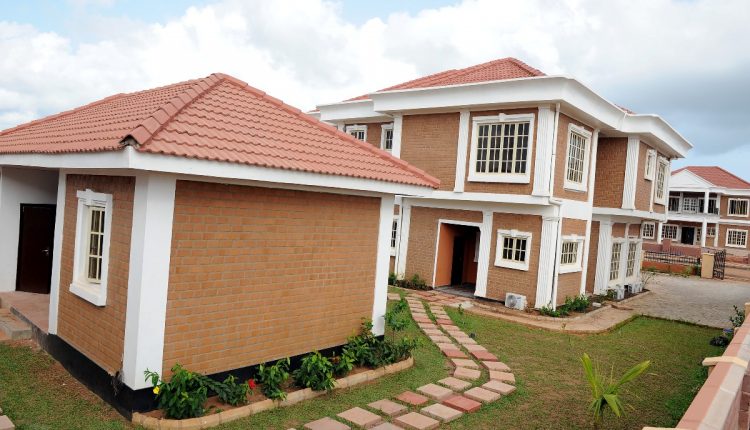With Nigerian mortgage banks already getting calls and text messages from mortgagors inquiring on how to defer their payments, there are concerns on the volume of mortgage defaults the lenders may record in a coronavirus infected economy.
Like most mortgage industries around the world, Nigeria’s home loan lending market is being affected by the coronavirus crisis as activities in Africa’s largest economy is almost at a standstill due to the virus outbreak.
“We are already receiving calls from customers; they are asking what can be done to the month of March and April because their income has declined,” Eromosele Omozokpia, Group Head, Risk Management, First Generation Mortgage Bank said, adding, “capacity to repay mortgages which are usually done monthly, has diminished.”
According to industry players, a large number of Nigerian mortgagors are in private practice or in the private sector and considering their income is guaranteed based on the number of days at work, their ability to repay March and April mortgage is now in doubt.
To curtail the spread of the deadly coronavirus, a lot of Nigerian businesses paused their operations with many others adopting the work-from-home approach.
The virtual work initiative is still not a guarantee for the economy that has an estimated 65 percent informal segment and even worse as economists have predicted it to post contraction.
As part of efforts to flatten the coronavirus curve in Nigeria, President Muhammadu Buhari recently directed the cessation of all movements in Lagos and the FCT for an initial period of 14 days with effect from 11 pm on Monday, March 30, 2020. Ogun State was also included in the restriction due to its proximity to Lagos and the high traffic between the two states. There are plans to also extend the lockdown.
“The impact of coronavirus is going to affect repayment of mortgage,” Olabanjo Obaleye, managing director and chief executive officer of Infinity Trust Mortgage Bank said.
Meanwhile, the mortgage industry in Africa’s most populous nation is not the only one taking the hit of the virus outbreak.
Reports have shown that Americans are also struggling to pay their mortgages because they have lost their jobs to the coronavirus pandemic. More than 1 million Americans were reported to have applied for unemployment wage in the last two weeks of March.
To lessen the burden of mortgage payment, the US government enacted the CARES Act. This is a law that gives mortgagors option to request for up to 180 days of forbearance on their mortgage. That forbearance allows them to pause or reduce their mortgage payments, but it’s not loan forgiveness.
Bank of America said it has so far allowed 50,000 mortgage customers to defer payments. That includes loans that are not federally backed.
With a housing deficit of more than 20 million units, Nigeria’s property industry is at a higher risk of meeting the country’s housing need. Described by experts as non-functioning, Nigeria mortgage industry is considered one of the major reasons for the country’s low homeownership rate.
According to Omozokpia, the impact of coronavirus on Nigeria’s mortgage industry will slow down the relationship between developers and the mortgage banks to enable the availability of houses for onward sale to prospective mortgagors.
Meanwhile, most development companies in Nigeria are now on shut down which means that construction has stopped and delivery dates of projects are likely to be delayed.
“Further processing of NHF loan requests at the federal mortgage bank of Nigeria (FMBN) has been halted. Therefore, if it was going to take X period of time to get disbursement for loans at the FMBN, it will surely take more than X now,” Omozokpia said.
Before the coronavirus pandemic, Nigeria’s mortgage industry was crippled by a lot of challenges one of which is the high interest which has discouraged many from using mortgage as a means of buying their properties.
The typical mortgage rate in Nigeria ranges between 7-10 percent for FMBN and between 15-25 percent for commercial mortgage institutions, making it one of the highest in the world.
“Under-development of Nigeria’s mortgage sector and its inability to drive homeownership is worrisome as more than 90 percent of home buyers utilise funds from personal savings to buy homes,” Association of Housing Corporation of Nigeria (AHCN), a real estate body said.
Source: Businessdayng





